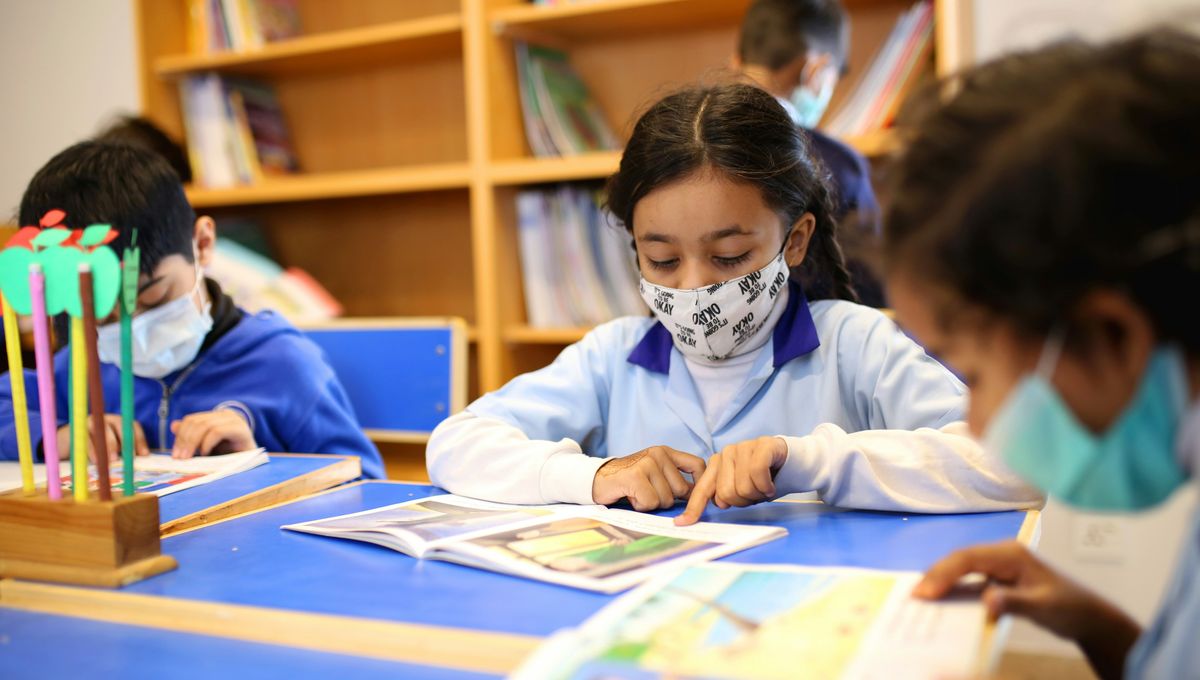
Scientists have long suspected a link between COVID-19 and diabetes, but it’s been unclear whether this association exists in children as well as adults. New research suggests that it does, by finding that kids who had COVID were consistently more likely to develop type 2 diabetes within the following six months than those who had other respiratory infections.
The team looked at data from just over 300,000 children and teens aged 10-19 who had a diagnosis of COVID-19 and compared this with data from the same number of age-matched controls who had other respiratory illnesses.
The risk of new-onset type 2 diabetes was found to be significantly elevated at one, three, and six months post-infection in the COVID-19 group. They also assessed a subgroup classified as “overweight” or “obese” based on body mass index – a risk factor for type 2 diabetes – and found that the risk of diabetes was still significantly increased by having had COVID. These were all kids with no prior history of diabetes or elevated blood sugar levels.
“This observation is consistent with prior data in the literature for adults, which indicates an increased risk for a [type 2 diabetes] diagnosis following a SARS-CoV-2 infection,” the authors write.
COVID is not the only virus that has been known to cause diabetes; its predecessor coronavirus, SARS, was known to result in organ damage to the pancreas in some cases. One study reported on 20 patients in a group of 39 who were diabetic while hospitalized for SARS, but only two still had diabetes after three years.
Whether the cases of pediatric diabetes following COVID-19 will be similarly reversible remains to be seen. If their diabetes does persist, that would be cause for concern – the authors point to the substantial medical expenses faced by diabetics, and the fact that disease progression could be more severe in children with type 2 diabetes compared with adults, with more complications.
While a study with this design can identify a link between two things – in this case, a history of COVID-19 followed by a new diagnosis of type 2 diabetes – what it can’t do is establish that one necessarily caused the other. The authors speculate that there could be several possible mechanisms at play.
“The additional metabolic stress imposed by COVID-19 may have pushed frank disease in an already susceptible child,” they suggest. “In addition, attention has focused recently on possible autoimmune components of [type 2 diabetes], and it has been reported that genetically susceptible children have increased development of anti–β cell antibodies following COVID-19.” They say it’s also possible that the COVID virus itself could have damaged the insulin-producing cells of the pancreas.
Other recent research has pointed to an increase in type 1 diabetes in children with a history of COVID-19. The authors of this latest study hint at some of the difficulties in teasing apart these two similar conditions: “Though [type 2 diabetes] is usually considered to be a disease of insulin resistance rather than insulin lack, for newly diagnosed patients, the origin may not be entirely clear or confined to a single pathobiologic cause.”
The study is an important addition to the conversation around what steps should be taken to limit the risk of COVID-19 infection in children. Approaches to vaccinating kids, for example, vary around the world. In the US, current guidance states that everyone over the age of 6 months should be vaccinated; in the UK, children are only offered a vaccine if they’re considered at high risk of severe COVID-19.
The study is published in JAMA Network Open.
Source Link: Type 2 Diabetes More Likely After COVID-19 In Kids, But Exactly Why Remains Unclear